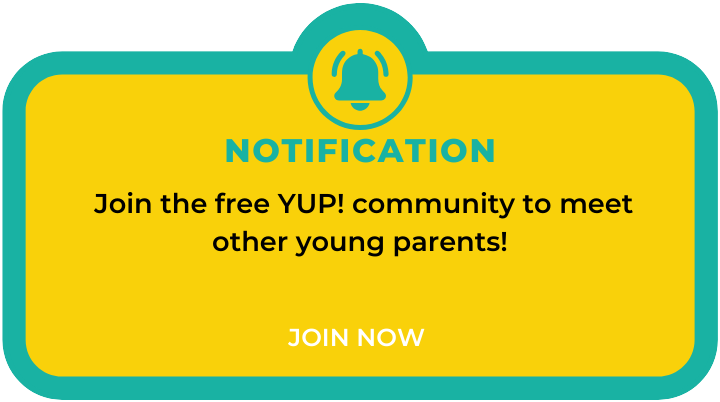What to Know About Child Abuse

What is child abuse?
Child abuse is any action that causes physical, emotional, or sexual harm to a child. Child abuse does not have to be visible and can include neglecting the general needs of a child or not protecting or reporting known abuse of a child. The types of child abuse include:
- Physical abuse (hitting, kicking, biting, shaking, pushing, punching, burning, and physically restraining)
- Emotional abuse (yelling, shaming or humiliating, threatening, isolating, withholding affection, and rejecting or ignoring)
- Sexual abuse (inappropriate touching, indecent exposure, sexual exploitation or trafficking, and rape)
- Neglect (withholding basic necessities including food, hygiene, supervision, affection, clothing, education, and medical care)
Child abuse risk factors
In many cases child abuse occurs from people that the child knows or from someone who is caring for them in some way. Sometimes the abuser has a violent nature and bad intentions and sometimes they are not intending to hurt the child. Either way there are challenges that can increase the risk of abuse happening, including:
- Too much stress for too long or stress without support
- Lack of parenting support or inexperienced parenting
- Poverty, housing insecurity, or food instability
- Untreated mental health concerns
- Trauma or history of child abuse
- Lack of support system or isolation
- Domestic violence in the home
- Physical or emotional burnout
- Unrealistic expectations of child behavior
- Substance use
Signs of abuse in children
Signs of child abuse can be visible or invisible and abuse can impact children in different ways. Being aware of the signs helps adults to recognize possible abuse and can lead to more effective reporting and intervention.
-
Physical Signs:
- Unexplained bruises, burns, scratches or other injuries
- Frequent sickness or complaints of pain (stomach/headaches)
- Poor hygiene (unclean body,hair, clothing)
- Malnourishment (unexplained weight loss or gain, increased hunger, lack of energy)
- Regression ( bedwetting, thumb-sucking in older kids, decreased speech or language)
- Sleep disturbances (unable to stay awake, frequently tired)
-
Emotional & Behavioral Signs:
- Sudden anger, aggression, or withdrawal
- Frequent crying spells or anxiety
- Frequent nightmares or sleep disturbances
- Difficulty trusting or increased anxiety around adults or peers
- Sudden or unexplained fear of certain people, places, or situations
- Clinginess or extreme separation anxiety
-
Cognitive/School-Related Signs:
- Trouble concentrating or remembering things
- Sudden drop in school performance
- Lack of interest in play or learning
Effects of child abuse on children
Abuse can have short term and long-lasting effects on a child’s development, mental health, physical health, and future relationships. The effects can often go unknown and untreated and can impact their lives well into adulthood, so it is important that young parents recognize risk factors, signs or abuse, and ways to break harmful cycles.
- Anxiety, depression, or PTSD
- Low self-esteem and self-worth
- Suicidal thoughts or self-harm
- Trouble forming or maintaining healthy relationships
- Fear of intimacy or deep mistrust of others
- Trouble with self-regulation
- Higher risk of being in an abusive relationship in adulthood
- Increased risk of being a perpetrator of abuse
- Risk of substance abuse or addiction
- Eating disorders or chronic health issues
- Trouble finishing school or getting a job
- Higher risk of financial instability
- In severe cases, death
How to prevent child abuse
Child abuse is not the same as discipline. Preventing abuse starts with awareness, understanding the risk factors, and building a safe and supportive parenting relationship with children. No parent is perfect, but every parent can grow, ask for help, and break cycles.
- Learn positive parenting skills (discipline, healthy boundaries, self-regulation)
- Build your support system
- Take a parenting class
- Seek therapy to heal your own trauma and develop coping skills
- Knowing when to step away or use coping strategies (self-care)
- Ask for help
If you or someone you know is experiencing child abuse, there are resources below to help. It is our responsibility to keep children safe and in many cases, not reporting known abuse will have negative consequences. Healing can happen!
Resources
- Childhelp National Child Abuse Hotline – 1-800-4-A-CHILD or (1-800-422-4453) 24/7 confidential support in 170+ languages: https://www.childhelp.org
- Your Local Child Protective Services (CPS) Every state has a CPS hotline—search by state or visit: https://www.childwelfare.gov
- National Parent Helpline – 1-855-427-2736: https://www.nationalparenthelpline.org
- Love is Respect (if abuse is happening within the parent relationship) 1-866-331-9474 or text “LOVEIS” to 22522: https://www.loveisrespect.org
- Zero to Three (Ages 0–3 Support) Expert guidance on bonding, stress, and toddler behavior: https://www.zerotothree.org
- Substance Abuse and Mental Health Services (SAMHSA) Support for parents struggling with addiction, trauma, or stress: https://www.samhsa.gov/find-help
